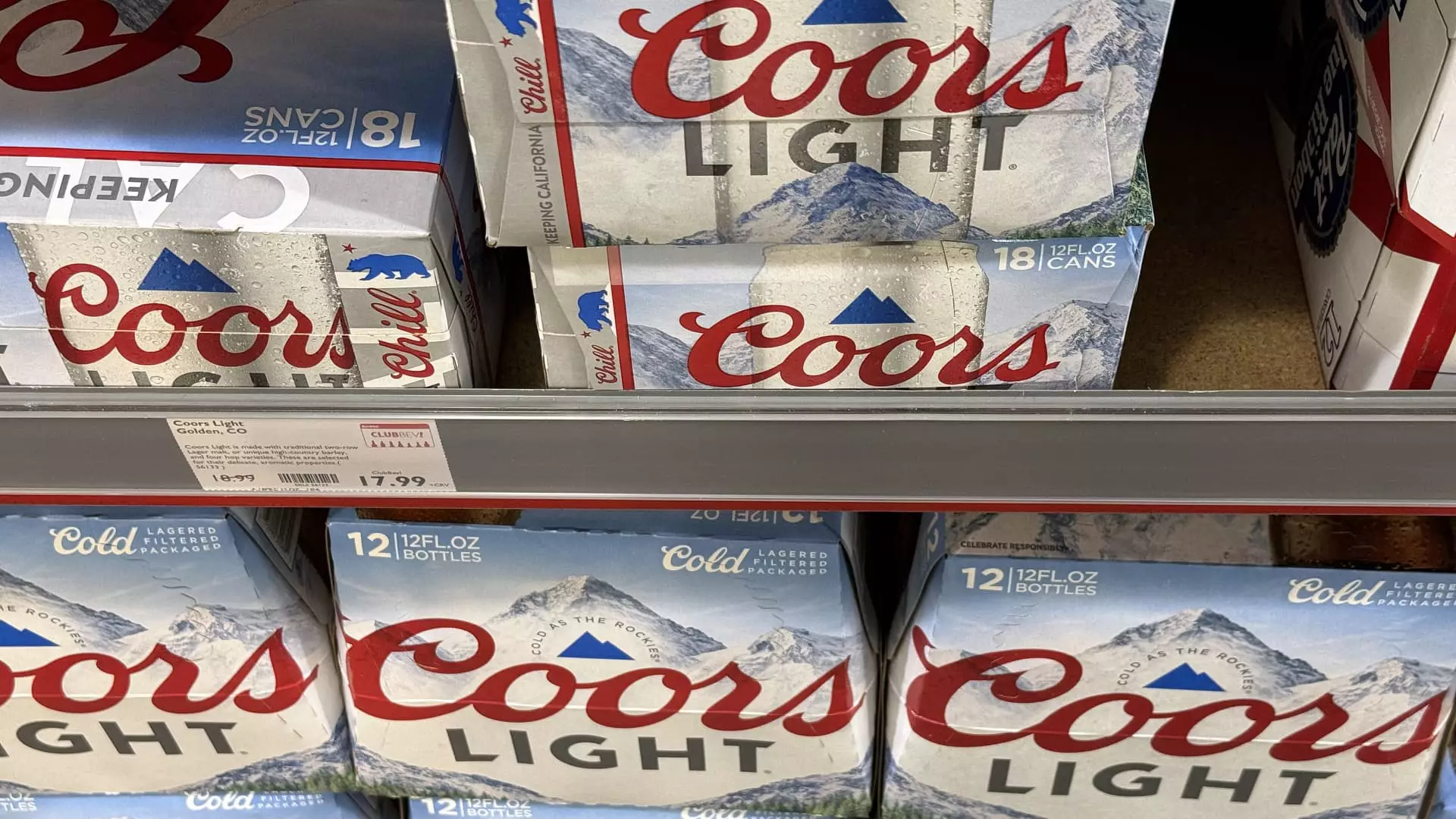Molson Coors recently announced significant changes to its diversity, equity, and inclusion policies, becoming part of a broader trend among companies. In an internal memo obtained by CNBC, the company revealed its decision to eliminate supplier diversity quotas, citing these quotas as “complicated and influenced by factors outside of [the company’s] control.” While Molson Coors will no longer tie executive incentives to aspirational representation goals, it remains committed to ensuring that its suppliers reflect the diversity of its consumer base.
The brewery giant is also revamping its training programs, shifting the focus from diversity, equity, and inclusion (DEI) to key business objectives. Additionally, Molson Coors is rebranding its Employee Resource Groups as Business Resource Groups. Although the function of these groups will remain the same, the change in nomenclature suggests a shift in focus within the company.
Discontinuation of Third-Party Rankings
Another significant change announced by Molson Coors is the cessation of participation in voluntary third-party company rankings, including the Human Rights Campaign’s Corporate Equality Index. Previously scoring a perfect 100, the company will no longer seek recognition through such rankings. While this decision may raise questions about the company’s commitment to LGBTQ+ rights, Molson Coors asserts that its benefits for employees and dedication to fostering an inclusive culture remain unchanged.
Molson Coors intends to streamline its corporate charitable giving programs to align with core business goals such as alcohol responsibility, disaster relief efforts, and promoting access to higher education. This shift in focus signals a strategic realignment of the company’s philanthropic efforts and social responsibility initiatives.
The changes in Molson Coors’ DEI policies have not been without controversy. Conservative activist Robby Starbuck has characterized the moves as preemptive responses to his scrutiny of the company’s practices. However, the company claims that these decisions have been in the works since March, suggesting a strategic and deliberate process.
Molson Coors’ decision reflects a broader trend among retailers and corporations that have scaled back their DEI efforts in recent months. From rural retailer Tractor Supply to iconic brands like Harley-Davidson and Lowe’s, companies have started to reevaluate their diversity initiatives. With Ford executives also signaling a reduction in supplier diversity quotas, the corporate landscape is experiencing a shift in approach to DEI practices.
Overall, Molson Coors’ decision to reverse its diversity, equity, and inclusion policies underscores the complexities and challenges facing companies in navigating these sensitive and critical areas. As the corporate world grapples with evolving social and political dynamics, it remains to be seen how companies will strike a balance between business objectives and societal expectations when it comes to diversity and inclusion.



Leave a Reply